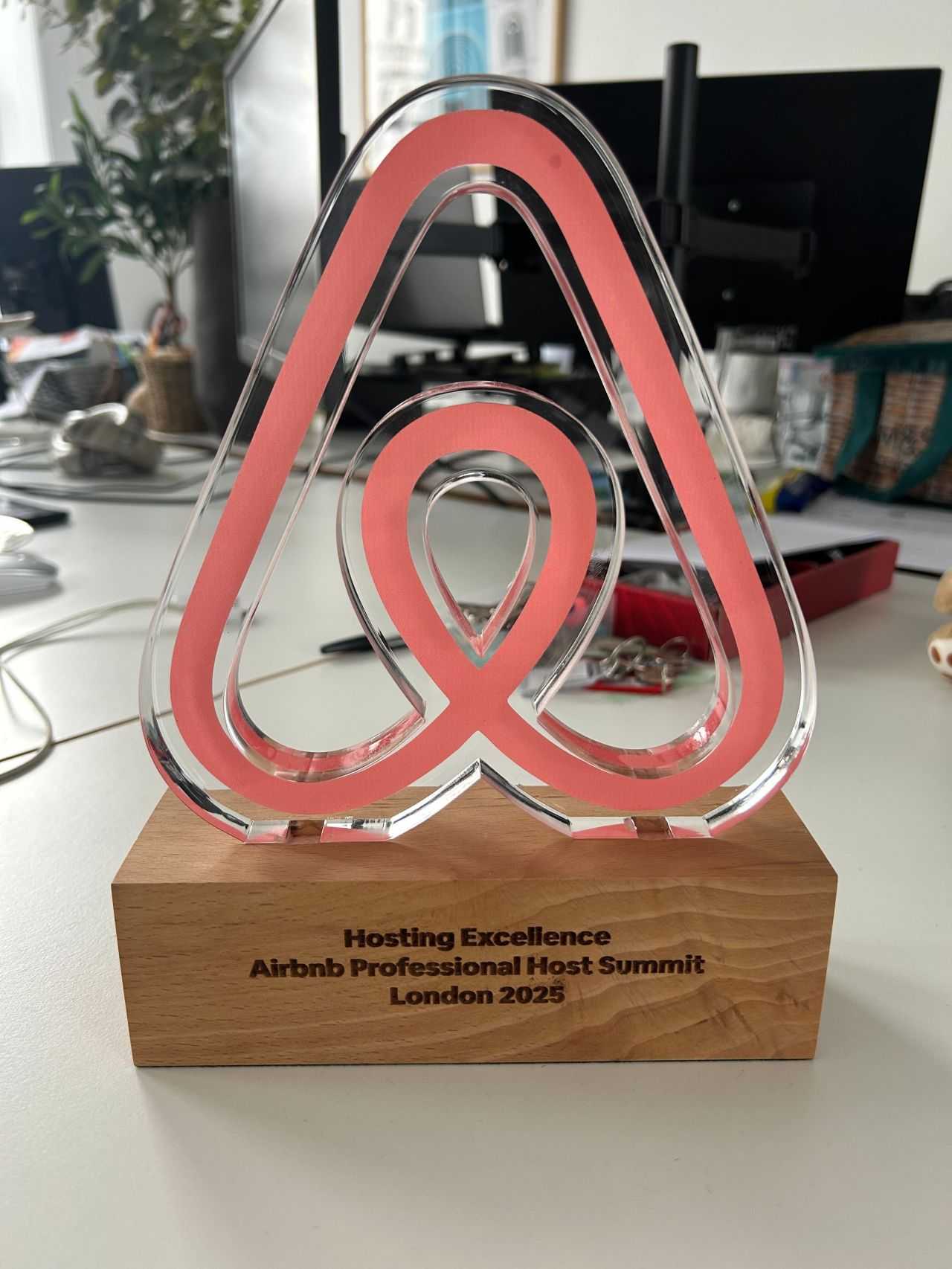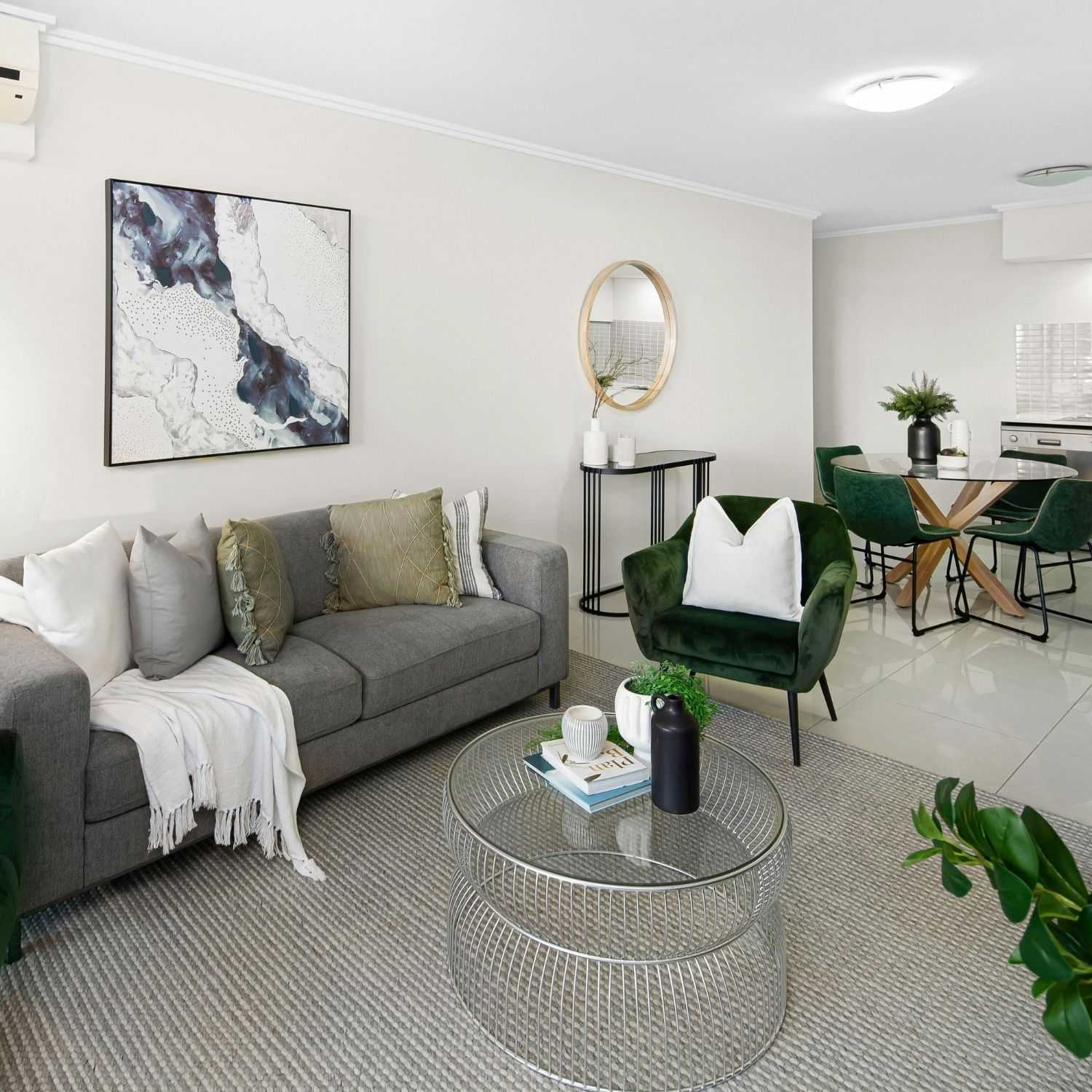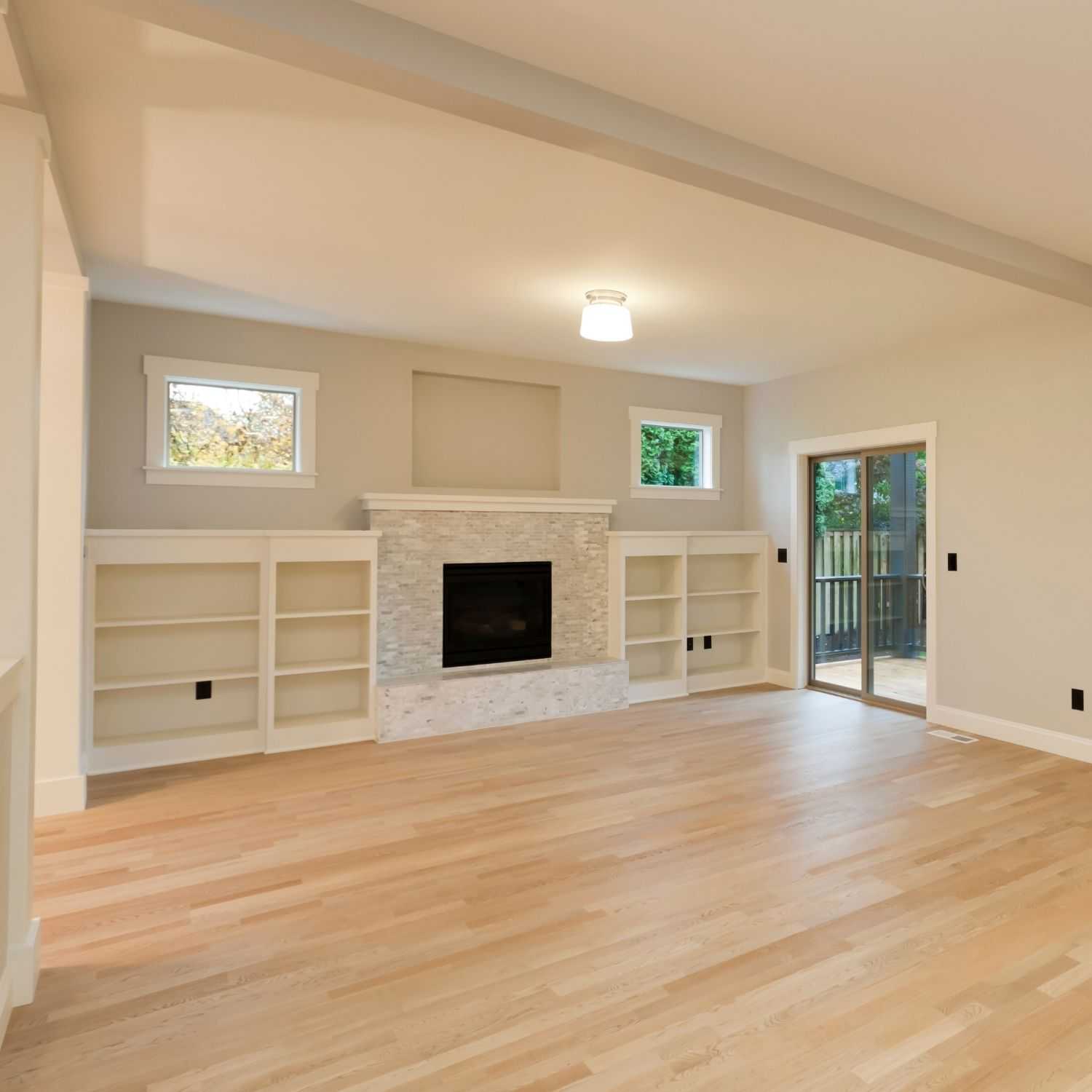Share post:
Are you thinking about investing in a rental property in London? With a high visitation rate and a thriving local population, there’s a high demand for accommodations in the city. So if you decide to buy a rental property, you won’t be disappointed in the potential rental returns.
The question is, what type of letting strategy will you use to maximise the earning potential of your rental property? Will you become an Airbnb host that focuses on short-term letting? Or will you choose to become a landlord of a long-term buy-to-let property?
Both options deliver incredible income and portfolio growth. But if you want to maximise your rental returns, don’t forget to consider the tax obligations of being an Airbnb host or a long-term rental landlord – specifically the new tax implications for Furnished Holiday Lets (FHL).
In this article, you’ll discover the key tax considerations for each type of letting strategy – and the new FHL tax implications that will affect it next year. You’ll learn about the differences so you can choose the right option to grow your property portfolio.
Tax Differences Between Short-term and Long-term Letting
Tax rules consider shortlets as a trading business while longlets are investments. This is crucial in understanding the tax obligations and differences of both letting strategies.
As of 2024, Airbnb shortlets are under the Furnished Holiday Let (FHL) scheme. It offers favourable tax benefits that do not apply to long-term rentals. While this is bound to change in 2025, it’s important to recognise these differences so you can take advantage before the revisions take place.
Short-term or Furnished Holiday Lets (FHL)
Rental properties marketed as shortlets or holiday lets are not available the whole year. These are usually rented out for 90 days each year – unless you have planning permission approval.
If you meet the conditions defining furnished holiday lets (e.g. availability and occupancy), you get access to specific tax benefits.
First is the capital allowance. Shortlets are furnished rentals. You can claim capital allowance based on the initial cost of furnishing the property. This includes expenses on furniture, appliances and equipment future guests will use. This can offset the initial setup costs of shortlets. Buy-to-let landlords can only claim this relief if they are replacing existing domestic items.
Second is the capital gains tax (CGT). Once you decide to sell your property, the CGT rate of shortlets is reduced to 10% while long-term rentals require a 28% CGT rate. Although this is a long-term consideration, it’s worth noting when choosing the letting strategy to pursue.
Third is your retirement plan. Some people choose to invest in rental properties to supplement their retirement income. FHL offer better tax advantages (as mentioned above) because they can be declared as pension contributions.
When it comes to taxing short-term rental income, you’ll have to submit a Self-Assessment to the HMRC. Platforms like Airbnb will also submit a report to the HRMC. As a trading business, you’re allowed to reduce your tax payment by declaring expenses like utilities, amenities, loan interests, etc. If your income goes beyond the registration threshold of £85,000 (over 52 weeks), you’ll have to pay a VAT rate of 20%, otherwise, you’re exempt from paying VAT.
Buy-to-Let Rental Properties
While FHLs seem to have all the tax advantages, long-term buy-to-let properties have exclusive benefits to enjoy. As an investment, you’ll have to pay a rental income tax. You can deduct the allowable property expenses and allowances and whatever is left will be taxed as an investment profit. Take note that mortgage interest rates are not included as an allowable expense.
Long-term rentals are also exempt from VAT payments – no matter how much rental income comes in. You’ll also get a £1,000 property allowance. This is not part of your taxable income and can be deducted to lower your tax obligations.
Like FHLs, you have to submit a self-assessment tax return to the HRMC – but only if you earn £2,500+ after allowable expenses or £10,000+ before allowable expenses.
New FHL Tax Implications
From a tax perspective, FHLs seem more appealing than long-term rentals. However, you have to realise that tax changes happen all the time. The government released a draft of legislation that shows new FHL tax implications. It will remove the tax benefits of FHLs so their tax obligations will be the same as long-term rentals.
Keep an eye on these changes so you can determine if you need to change your letting strategy to enjoy better tax benefits.
Important Considerations Beyond Taxation
While tax obligations are important when choosing between becoming an Airbnb host or a long-term rental landlord, you have to realise that there are other considerations to think about. Don’t let these influence your decisions entirely. You still have to consider the profitability of your rental property investment.
For instance, short-term rentals have the potential for a higher income because the nightly rate is higher compared to long-term rentals. But if it’s security that you want, the latter is better because the long-term lease agreements assure you of a rental income for several months to a year.
Another thing to consider is the occupancy rate. If you prefer using your property for personal reasons, you’d want to opt for short-term letting because long-term rentals are tied to their lease agreements for 12 months or so.
The demand is also worth looking into. In Central London, short-term rentals are in demand while long-term letting is more ideal in the suburbs. Consider your target market so you can choose the right letting strategy.
Airbnb Host or Long-term Rental Landlord: The Best Option
As a property investor, it’s crucial to look at all angles to determine if you’re using the right strategy to get a higher return on investment. Looking at it from a tax perspective is important. But it should not be your only concern. Getting a favourable tax benefit is ideal – but if it limits profitability, you should reconsider your letting strategy.
While both short-term and long-term letting are rewarding, you don’t have to choose between the two. There’s an option to use flexible letting. It takes advantage of the peak earning potential of shortlets and the steady rental income of long lets so your property gets a higher occupancy rate and rental yield.
If you’d like to increase your rental returns, partner with City Relay. We are experts in using flexible letting to maximise the property’s rental returns. Give us a call today for a strategic consultation to explore the best options for your property portfolio in light of these upcoming changes.












